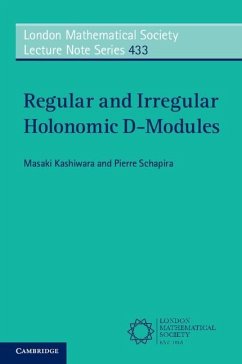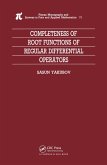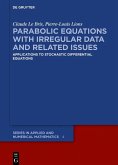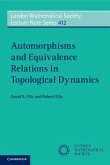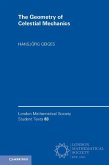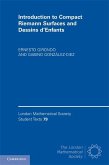D-module theory is essentially the algebraic study of systems of linear partial differential equations. This book, the first devoted specifically to holonomic D-modules, provides a unified treatment of both regular and irregular D-modules. The authors begin by recalling the main results of the theory of indsheaves and subanalytic sheaves, explaining in detail the operations on D-modules and their tempered holomorphic solutions. As an application, they obtain the Riemann-Hilbert correspondence for regular holonomic D-modules. In the second part of the book the authors do the same for the sheaf of enhanced tempered solutions of (not necessarily regular) holonomic D-modules. Originating from a series of lectures given at the Institut des Hautes Etudes Scientifiques in Paris, this book is addressed to graduate students and researchers familiar with the language of sheaves and D-modules, in the derived sense.
Dieser Download kann aus rechtlichen Gründen nur mit Rechnungsadresse in A, B, BG, CY, CZ, D, DK, EW, E, FIN, F, GR, HR, H, IRL, I, LT, L, LR, M, NL, PL, P, R, S, SLO, SK ausgeliefert werden.

